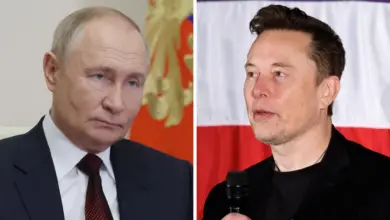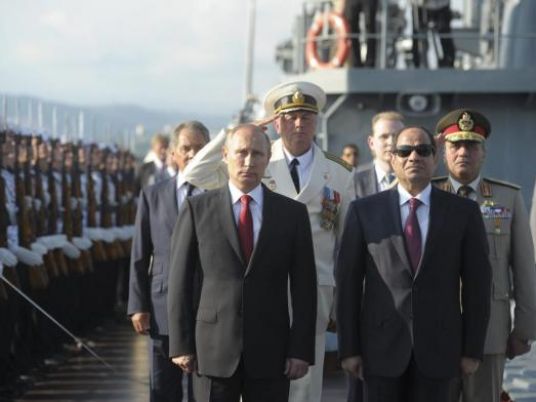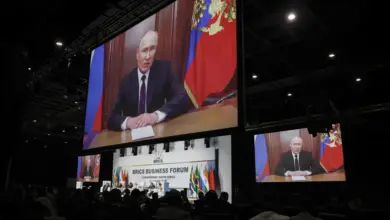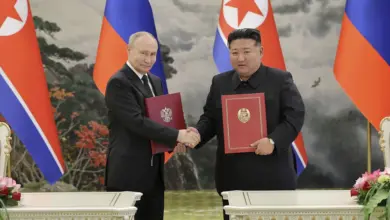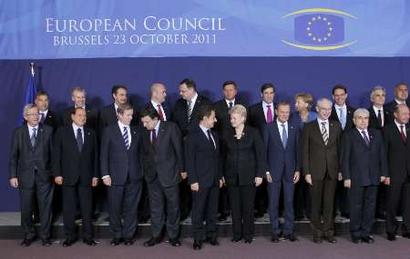
The European Union and Ukraine signed the core elements of a political association agreement on Friday, committing to the same deal former president Viktor Yanukovich rejected last November, a move which led to his overthrow.
Ukrainian Prime Minister Arseny Yatseniuk, EU leaders Herman Van Rompuy and Jose Manuel Barroso, and the leaders of the bloc's 28 nations signed the core chapters of the Association Agreement on the sidelines of an EU summit in Brussels.
The deal commits Ukraine and the EU to closer political and economic cooperation, although more substantial parts of the agreement concerning free trade will only be signed after Ukraine has held new presidential elections in May.
Van Rompuy, the European Council president, said the agreement would bring Ukraine and its 46 million people closer to the heart of Europe and a "European way of life".
"(This) recognizes the aspirations of the people of Ukraine to live in a country governed by values, by democracy and the rule of law, where all citizens have a stake in national prosperity," he said.
Two sets of the documents were passed around the table for the EU's leaders and Yatseniuk to sign in a solemn atmosphere. Van Rompuy and Yatseniuk then shook hands and exchanged the documents to applause, witnesses said.
Coinciding with the signing in Brussels, Russia's upper house of parliament unanimously approved a treaty annexing Ukraine's Crimea region, clearing the way for President Vladimir Putin to sign it into law.
Yanukovich turned his back on signing the EU agreement last November in favor of closer ties with Moscow, prompting months of street protests that eventually led to his fleeing the country. Soon afterwards, Russian forces occupied Crimea, drawing outrage and sanctions from the United States and EU.
As well as the closer political ties, the European Commission has agreed to extend nearly 500 million euros worth of trade benefits to Ukraine, removing customs duties on a wide range of agricultural goods, textiles and other imports.
Once Ukraine has held presidential elections on May 25 and a new administration is in place, the EU plans to move ahead with signing a free-trade agreement with Ukraine, giving the country unfettered access to the EU's market of 500 million consumers.
That has far more potential to strengthen Ukraine's shattered economy, but also runs the risk of provoking retaliatory steps from Russia, which has already imposed stricter customs checks on trade with Ukraine.
The other burden for Kiev is meeting the obligations that come with EU political association, including instituting changes to the rule of law and justice, and adopting business and environmental standards that will require hard work and long-term investment to meet.

